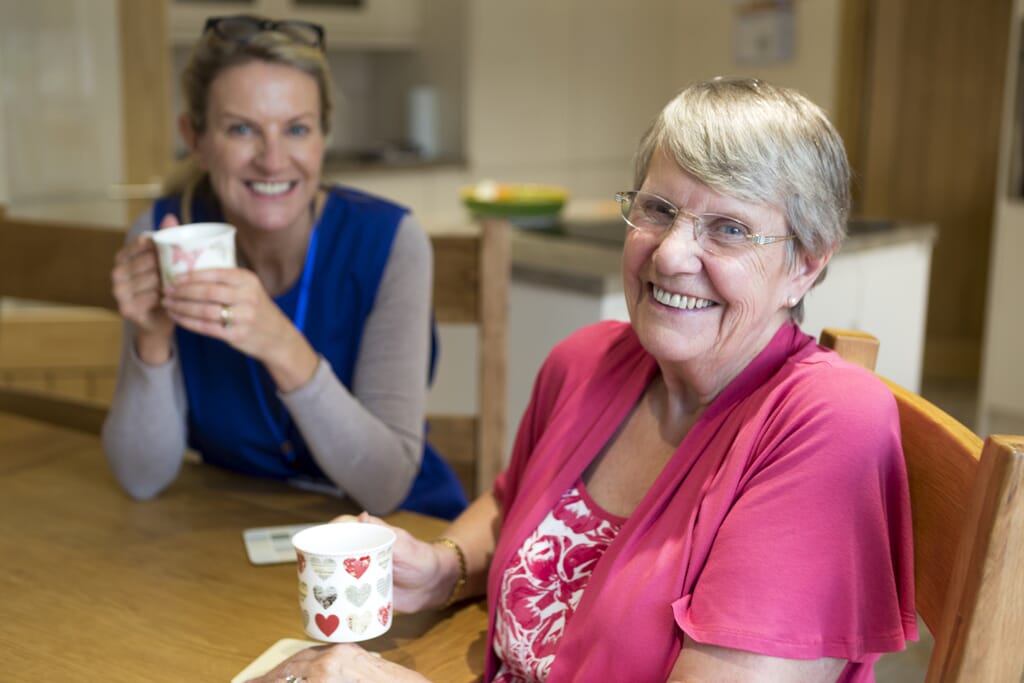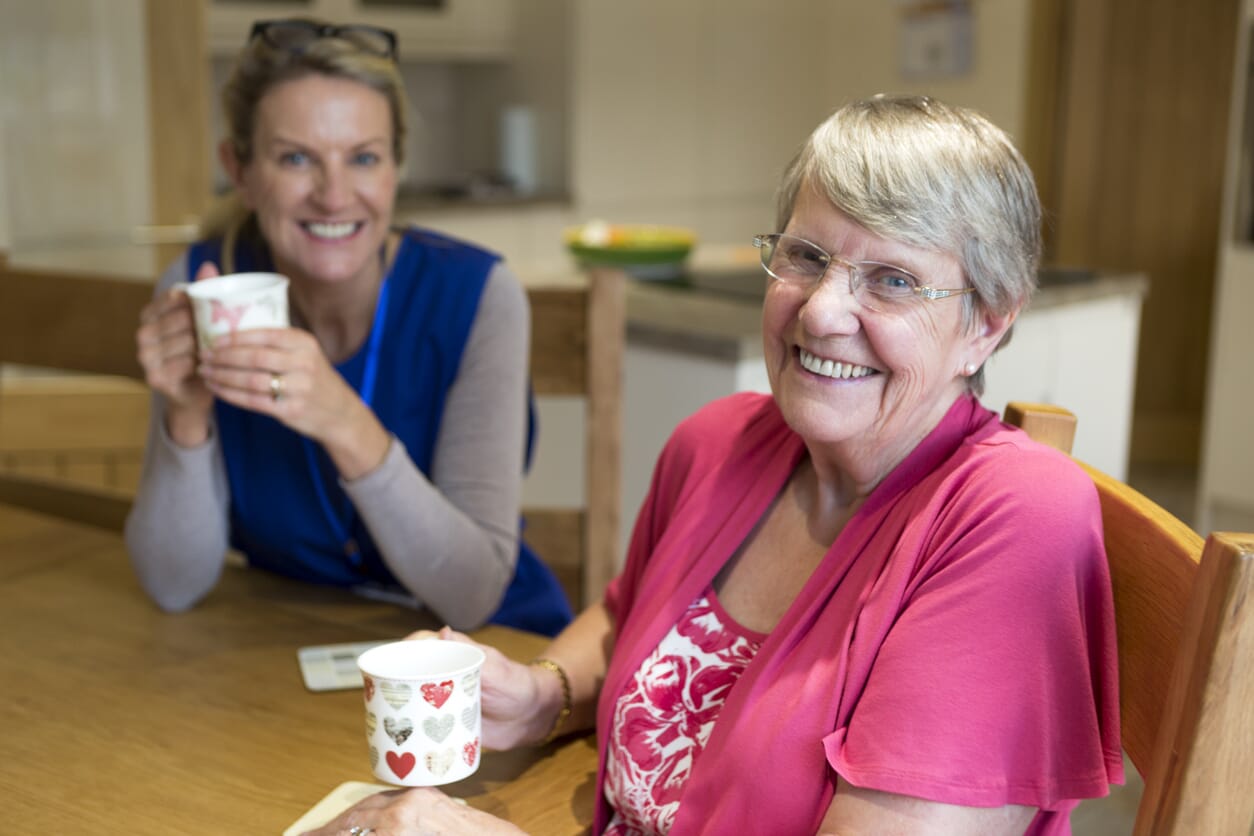Call: 01242 383 773 Or Email us

live-in care
How to Transition to Live In Care

Are you or your loved one considering transitioning to live in care? This type of specialist care is the preferred choice for many elderly people. It allows them to receive extra support whilst remaining in the comfort of their own home.
Transitioning to elderly live in care will likely involve significant changes to routine. This blog aims to make the transition as smooth as possible for you and your family members.
What is Live In Care?
24 hour live in care involves a fully trained healthcare professional coming to reside in your home. This type of care does not involve moving to a residential care home or nursing home, which can cause stress and anxiety. Instead, the carer will provide individual round the clock care and support, ensuring you continue living independently.
Live-in carers can help you complete a variety of daily tasks that enable you to thrive in your own home. Depending on individual requirements, they can perform a wide range of domestic and personal care tasks. These include:
- Preparing and cooking meals
- Completing household chores i.e. cleaning and washing up
- Running errands i.e. helping with shopping and picking up prescriptions
- Personal care tasks i.e. dressing and bathing
- Managing and administering medication
- Mobility support i.e. help with getting up in the morning
- Help getting out and about i.e. attending appointments and social events
- Looking after pets i.e. feeding and walking
- Providing emotional support and companionship
The Benefits of Live In Care
Elderly live in care services offer many benefits. You can stay in the safe and familiar surroundings of your own home, whilst receiving 24-hour live in care. You don’t need to part ways with friends, family, pets, or any other local support systems.
Care is tailored to the needs of the individual, whilst maintaining independence wherever possible. For example, you can choose your own meals and decide when you want to eat – the decision is not made for you.
Live-in carers offer relief from the burden of household chores. You can continue to maintain existing hobbies and routines such as attending social events. Finally, you will be given constant companionship, avoiding potential stress and loneliness.
How to Prepare for Live In Care
Choosing live in care for the elderly is a major decision. Therefore, we highly recommend getting organised and preparing the following prior to the live in carer joining you.
Offer a Clean, Private Space
Ensure that the carer has a clean and comfortable bedroom to reside in. The room should feature a comfortable bed and ample storage for their belongings. They should be given access to any necessary amenities including a bathroom, kitchen, washing machine and WiFi.
Stock Up on Necessary Supplies
We recommend that you ensure your home is well stocked with any necessary supplies, including food, toiletries, and cleaning equipment. It may be helpful to write a list of these items so that they can be easily restocked when required.
Check Your Insurance
Check your home insurance policy to ensure that it covers a live in carer. If not, you may need to add this as an option. You may also want to add the carer to your car insurance policy if they are expected to drive your vehicle.
Provide Emergency Contact Details
Create a clear emergency plan that includes a list of important contact details. This will ensure that the live-in carer knows exactly what to do and who to contact in case of an emergency.
Create a Clear Schedule
Everyone should agree to a clear schedule prior to the live-in carer joining you. This could include aspects such as meal times, medication schedules and night time routines. This will ensure you receive consistent care and that all needs are met.
Extend a Warm Welcome
You should endeavour to provide a warm welcome when your carer first comes to live with you. Provide them with a thoughtful welcome basket or plan a welcome dinner to introduce them to your loved ones. This will foster a supportive and caring environment, creating a positive relationship between you and the caregiver.
Care Without Compromise from Safehands Healthcare
If you’re looking for additional support in the transition to live in care, the team at Safehands Healthcare can help. We are passionate about improving confidence, independence and quality of life for anyone who requires support at home. Our person centred care plans are designed with you at the forefront, allowing you to live a more fulfilled life at home. Contact our team today to discuss your individual home care needs.




